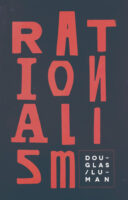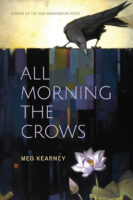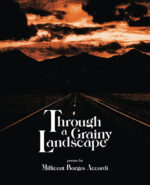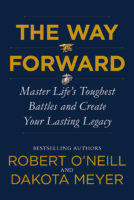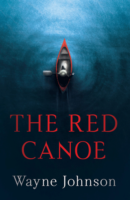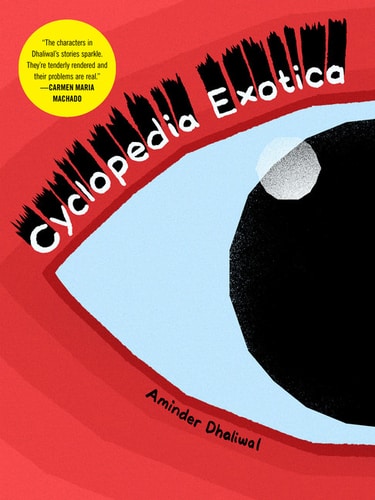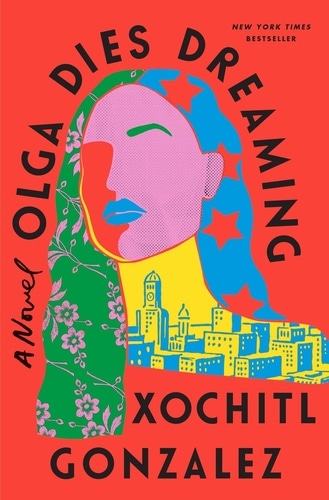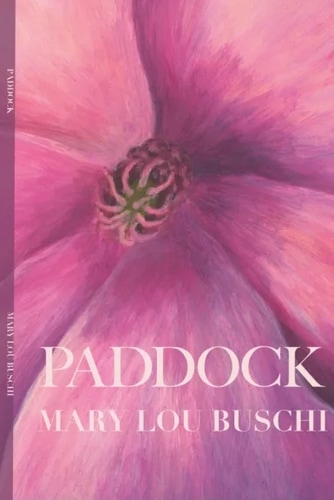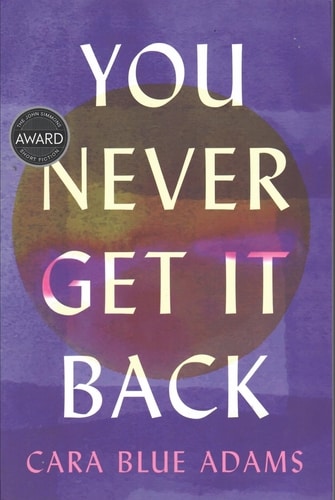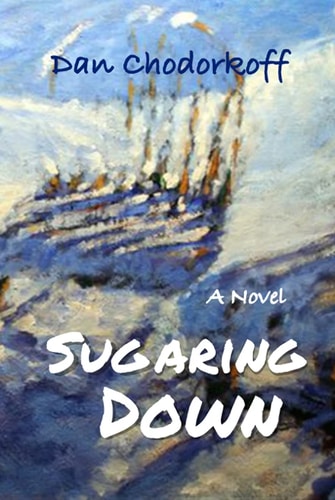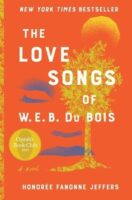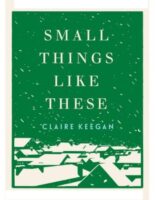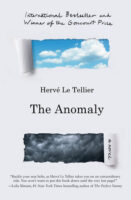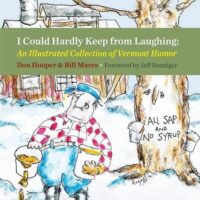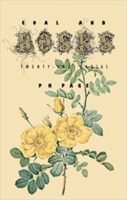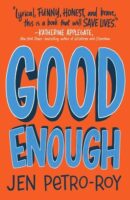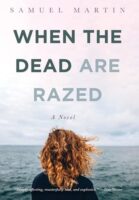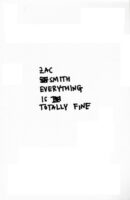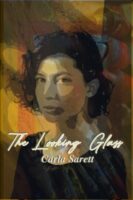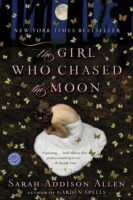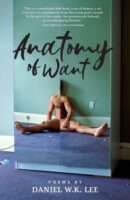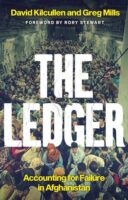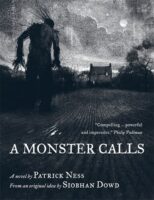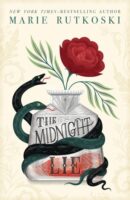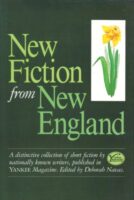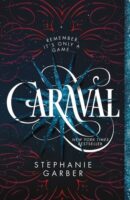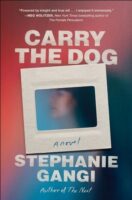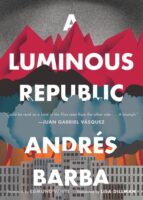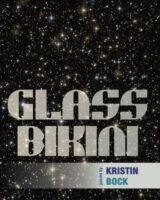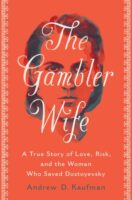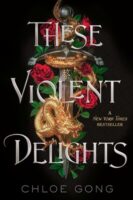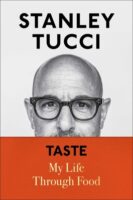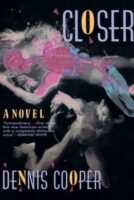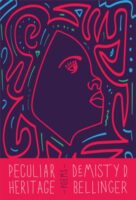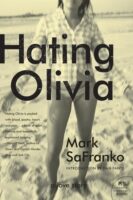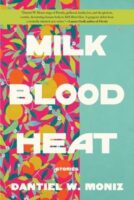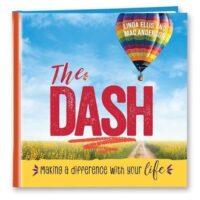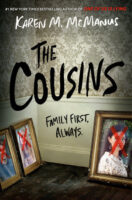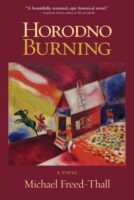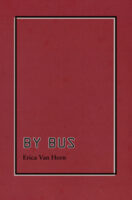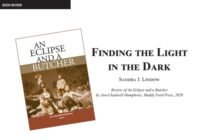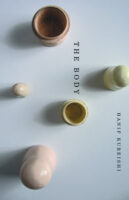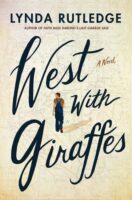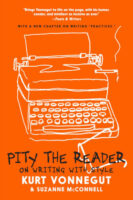Book Review :: The Damage Done by Susana H. Case
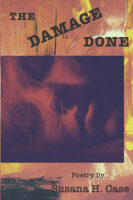
Guest Post by Jami Macarty
In The Damage Done, Susana H. Case creates a poetic noir, “drawn from the history of the FBI in the 1960s and 1970s,” where “[a]ll kinds of things / spin out of control,” where “anything could happen.” Like all noir, the book opens with a dead body: Janey’s, a fictionalized amalgam of a Twiggy-like supermodel and a girlfriend of one of “the Panthers.” Janey’s unsolved death becomes a means for the poet to speak about the objectification of women—in life and death—as well as those implicated in the death of a woman. The woman’s death also becomes a means for the poet to speak about prejudice and corruption within the NYPD and FBI, whose detectives and agents exploit Janey’s death, using it as justification to coerce information, plant evidence, and initiate “warrantless taps.” The authorities insist that “people / don’t always know what they know.” They abuse their power with impunity: “It can be arranged that the wrong one / is fingered, a natural patsy.” This is a book about the power “of information, of disinformation”; a book about power games: “play or get out of the game.” This is a book about collateral damage to the lives of women and Black people: “(Witnesses always see a black man.) / So what if the law implicates the wrong / man, the cops argue, sooner or later / / he’d do something bad—think of picking / him up as a sort of prevention detention.” In the end, the lawman is the one who has the privilege; he “wonders whether / walking away is all you can do,” and he gets to live and to walk away. But, Susana H. Case joins the revolutionaries of the 60s and 70s, whose causes are just as poignant now.
The Damage Done by Susana H. Case. Broadstone Books, February 2022.
Jami Macarty is the author of The Minuses (Center for Literary Publishing, 2020), winner of the 2020 New Mexico/Arizona Book Award – Poetry Arizona, and three chapbooks, including Mind of Spring (Vallum, 2017), winner of the 2017 Vallum Chapbook Award. Jami’s writing has been honored by financial support from Arizona Commission on the Arts, British Columbia Arts Council, and by editors at magazines such as The Capilano Review, Concision Poetry Journal, Interim, Redivider, Vallum, and Volt, where Jami’s poems are forthcoming.

